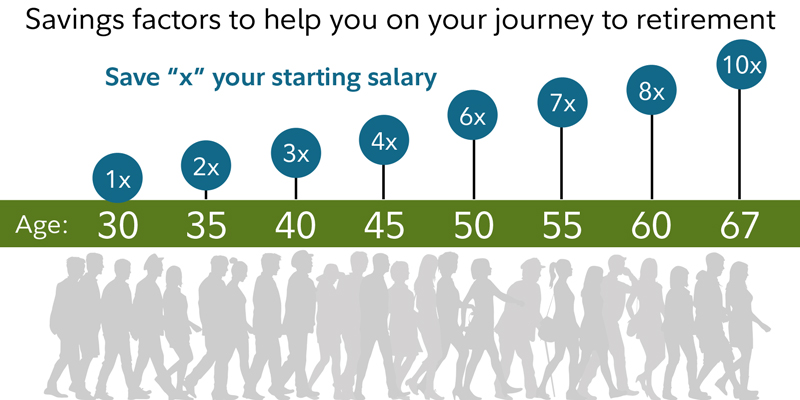If you or your child, grandchild or other person was fortunate enough to pay for their education without using all your 529 education savings funds, Congress recently passed legislation to help avoid penalties for using the money for other purposes. But first, consider whether the funds might be used for another family member or for graduate or professional school sometime in the future.
Account withdrawals that aren’t used for qualified education expenses mean you will owe income taxes and a 10% penalty. Until now, if a student earns a scholarship, parents would be permitted to take a penalty-free 529 withdrawal, although income taxes would still be owed on the earnings portion of the withdrawal. Excess funds can be transferred to a sibling or other close relation such as a cousin.
Beginning in 2024, parents can now transfer part of that surplus to a Roth IRA for the beneficiary ro continue to grow tax-free. The following details are quoted directly from the author, Adam M. Grossman founder of Mayport, a fixed-fee wealth management firm.
- There’s a lifetime limit of $35,000 per beneficiary that can be transferred from a 529 to a Roth.
- The amount that can be transferred each year is limited to the amount that could otherwise be contributed directly to an IRA. In 2024, that will be $7,000, meaning that it would take five years to move the entire $35,000.
- In years when funds are moved from a 529 to a Roth, those funds will count toward the beneficiary’s IRA contribution limit. Suppose that parents transfer $4,000 from a 529 account to their child’s Roth IRA. Since the child’s overall IRA contributions are capped at $7,000, he or she could only contribute an additional $3,000 directly to an IRA that year.
- The beneficiary would need to have earned income that’s at least equal to the 529-to-Roth transfer amount, just like the requirement for a regular IRA contribution. The child doesn’t have any earned income? No transfer is allowed.
- The usual income caps for direct Roth IRA contributions don’t apply. That’s a nice benefit of this new rule, allowing a high-income beneficiary to complete a 529-to-Roth transfer.
- To be sure parents use the new provision in the way it was intended—that is, truly for surplus funds—there are two additional restrictions. First, the 529 account must be at least 15 years old. Second, any funds contributed to the 529 within the most recent five years aren’t eligible to be transferred. Neither of these restrictions is a permanent obstacle, but they can slow transfers.
- The 529 account must be at least 15 years old.
- Any funds
contributed to the 529 within the most recent five years aren’t eligible
to be transferred.
This strategy is a great way to use 529 funds for a child (grandchild) who chooses not to pursue higher education.
Grossman provides more details and perspective in his article Strings Attached published in the Humble Dollar newsletter (which I highly recommend): https://humbledollar.com/2023/12/strings-attached-2/?utm_source=mailpoet&utm_medium=email&utm_campaign=another-ses-test_7

